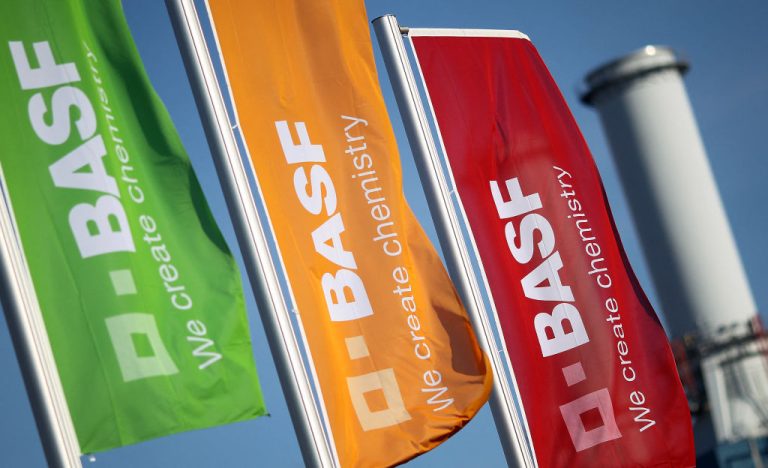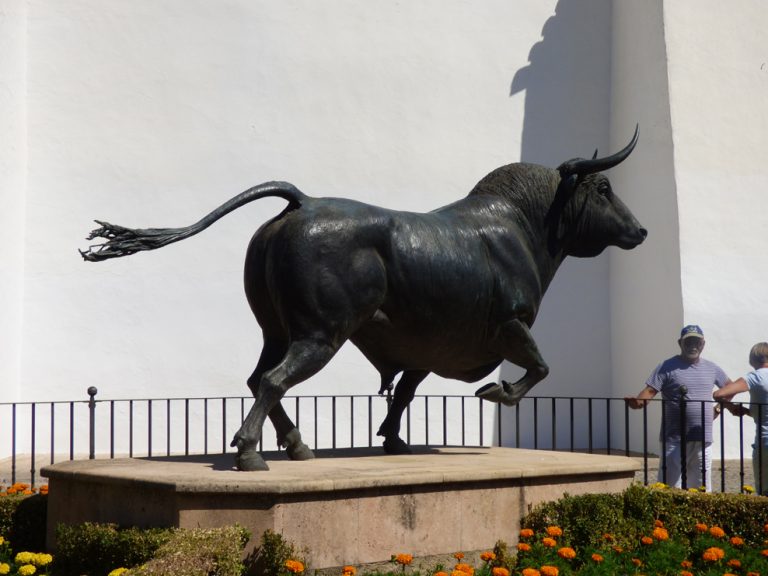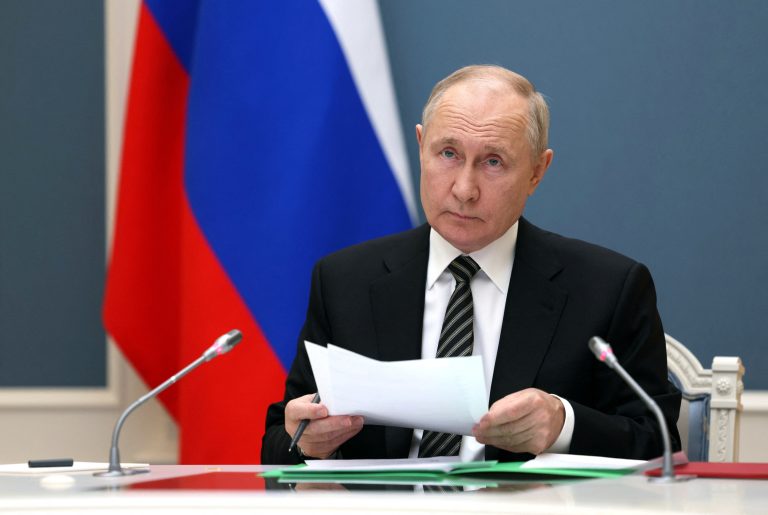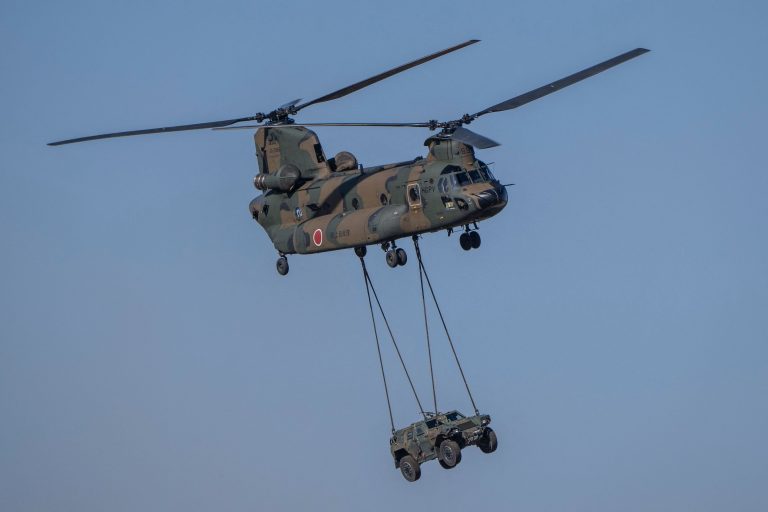Ammonia, a critical component used in fertilizer, is about to meet with renewed scarcity as the world’s largest producer cuts production because of a wild energy crisis crushing the German economy.
“We are reducing production at facilities that require large volumes of natural gas, such as ammonia plants.” said BASF’s CEO Martin Brudermüller during his company’s July 27 investors call following its Q2 financials release.
Reuters reported that Brudermüller said the company would start outsourcing ammonia supplies to other companies “to fill gaps,” but warned that farmers were bound to face fertilizer shortages next year.
The Wall Street Journal stated that BASF alone uses 4 percent of Germany’s natural gas.
Additionally, BASF plans to switch plants that rely on steam and natural gas for power to fuel oil in an effort to ration natural gas.
Success
You are now signed up for our newsletter
Success
Check your email to complete sign up
However, the outlet says that the chemical sector uses 135 terawatt hours of gas annually, but the measures can save at most three.
Engineering firm Thyssenkrupp explains on its website the importance of ammonia in modern farming..
“Ammonia binds air borne nitrogen and makes the most important crop nutrient, nitrogen, available for nitrogen fertilizer production. As an important base material for fertilizers, ammonia literally helps to put our food on the table.”
MORE ON ECONOMIC, FOOD, AND FARMING CRISES
- Dutch MP Argues Nitrogen Cuts Part of Globalist Agenda to Disown Farmers and House Immigrants
- US Rail Carriers Are Cutting Fertilizer, Grain, Coal Shipments
- World Has Only 10 Weeks of Wheat Supplies Remaining: Expert
- Let’s Get Growing – Living Soil for Vibrant Plants
Thyssenkrupp adds that 80 percent of all ammonia produced is utilized in fertilizer, and that fertilizer is required because not all soil provides all types of plants with the nutrients they need for agriculture’s robust growth demands, in addition to nutrient leaching and displacement caused by harvesting.
AlChE, a professional organization for chemical professionals, puts the matter in somber terms, “Ammonia production has become one of the most important industries in the world.”
“Without the crop yield made possible by ammonia-based fertilizers and chemicals, the global population would be at least two to three billion less than it is today.”
The organization also notes that the chemical processes required to synthesize ammonia from nitrogen and hydrogen was not only originally founded by two chemists from the University of Berlin, but acquired and perfected by BASF as far back as 1910.
Reuters explains that the cuts come on the back of two lesser noticed reductions already made at plants in September of 2021.
Ammonia requires natural gas to produce, yet Germany can only import LNG from Russia, which it has chosen to financially sanction as part of the globalist faction’s response to the Russian Federation’s war in Ukraine.
Yara, a German company that runs the world’s third largest ammonia production site, told Reuters its production capacity is already 27 percent lower because of high gas prices.
Germany faced a significant crisis earlier in July when Russia’s Nord Stream 1 pipeline, which was already throttled to 40 percent deliveries due to a faulty turbine being repaired in Canada, was offline for ten days due to scheduled maintenance.
At the time, analysts had referred to the risk of Russia not restoring natural gas deliveries as a “doomsday” scenario that would see the Euro devalue 10 percent overnight and the German stock market crash.
And although the turbine’s return from Canada was at first promised by the Trudeau Administration, and then delayed, and then released and enroute, scheduled maintenance did complete successfully in the end, albeit before the turbine could return..
However, when Nord Stream 1 came back online, it now only delivers 20 percent of its original output.
And while Germany claims the situation is political retribution for its support of Ukraine, Russia says the development was caused by an additional faulty turbine requiring repair.
Reuters also added that chemical production is the country’s top consumer of natural gas, with ammonia production having the heaviest requirements.
Germany’s largest natural gas importer, Uniper, has been on the edge of insolvency for months amid the crisis.
In late July, the German government and the Finnish government, which partially owns the firm, inked the largest bailout in corporate history at a cost of 15 billion Euros.
The firm’s stock price is down more than 80 percent this year despite record energy prices.
Other industries besides energy and fertilizer are impacted by ammonia shortages. Carbon dioxide, the gas used to make soft and sparkling drinks have bubbles, is produced as an ammonia byproduct during chemical production.
One CEO of a mineral water firm in Italy told Reuters that CO2 shortages were abundant because firms had cut production due to unsustainable energy costs.
Another aspect of the modern economy impacted by CO2 shortages is the production of dry ice.
This matter is significant for another reason.
In February of last year, Japan started to experience dry ice shortages, not due to any kind of war or energy crisis, but because the specialized freezers required to store the experimental gene therapy Coronavirus Disease 2019 (COVID-19) vaccines at temperatures as cold as -60 to -80 Celsius, relied on dry ice.
















